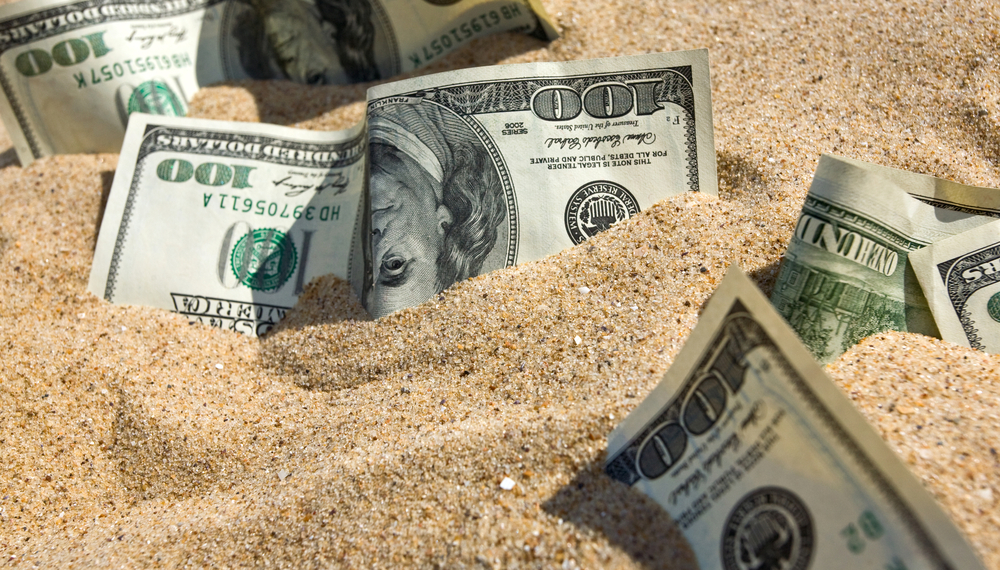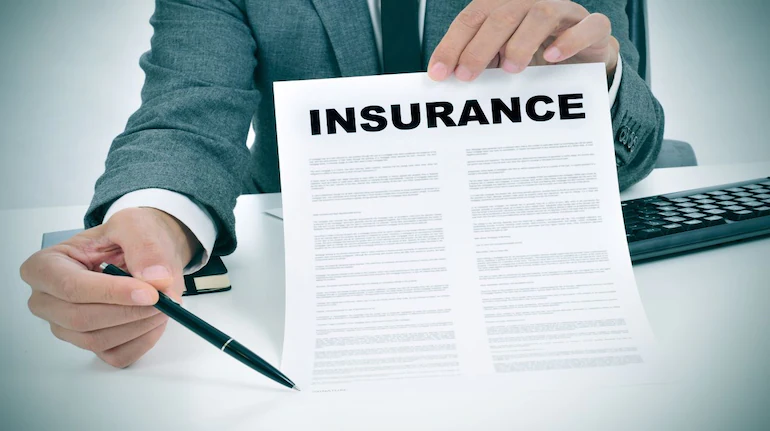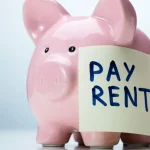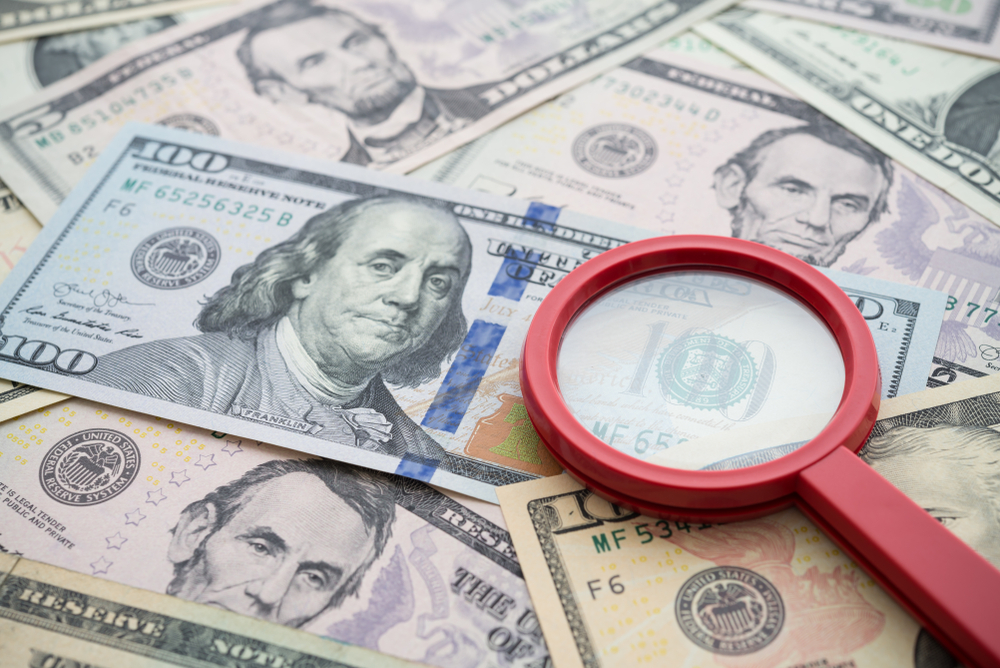You have a lot to do on a daily basis, and some topics might fall through the cracks. You might forget to put something in the mail, or maybe you overlooked a doctor’s appointment. You might even forget about certain assets you have. If you don’t claim them after a certain amount of time, they are turned over to the state as unclaimed property.
If you realize that you have forgotten to claim something that is yours, you have options available. What is unclaimed property, and what are your options if you feel like the state has something that belongs to you?
The Definition of Unclaimed Property

When you hear the word “property,” you probably think about real estate. While this can certainly qualify as property, there are other types of unclaimed property as well. According to the law in most areas, if you do not claim property after a certain amount of time, the state will claim it. The exact amount of time a property has to go “unclaimed” before it is turned over can vary from place to place, but that is why you need to know about the different types of unclaimed property.
A few examples of unclaimed property include:
- Safety deposit boxes (and their contents) that might no longer have an owner
- Insurance payments and refunds that might not have been cashed yet
- Royalty payments from various pieces of intellectual property that are no longer claimed
- Annuities that people might no longer be cashing
- Stocks that might have gone unclaimed, and the dividends that go with them
- Deposits with utility companies that have not been claimed
- Money orders that have not been redeemed
- Trusts, and their contents, which might no longer have an owner
Almost anything of financial value qualifies as property, and you need to know what happens if this property goes unclaimed.
Are You Owed Unclaimed Property?
Clearly, there are different types of unclaimed property, but what do you need to do if you want to figure out if you are owed any unclaimed property? Generally, states have a database that you can use to take a look at the unclaimed property and see if any of it belongs to you or your family.
Each database is different, but you’ll be asked to fill out your basic information. This might include your name, address, and family relationships. Keep in mind that the more information you provide, the easier it will be for the state to figure out if you are owed anything.
There are resources you can use to find the database that goes with your state. You need to explore the National Association of Unclaimed Property Administrators (NAUPA) website to see which database you need to use. Given that there are lots of types of unclaimed property, not all of it is going to be in the same database. You might want to poke around other websites as well to ensure you do not leave any stone unturned. As an example, you might want to explore insurance databases, tax returns, former employment databases, and even foreign sources of money.
Owed Money From Prior Employers
There is a chance that you could be owed money from former employers. When you get a paycheck from your employer, that might not necessarily be for the prior week’s work. It might be work you did a few weeks ago. If you leave the company without getting a physical check for your final week’s work, your employer might owe you money. If your employer does not know where to send your last paycheck, you might not get it at all.
Your employer still owes you money, so you need to ask for it! There is a website you can use to see if your former employer owes money. Then, reach out to your employer and ask for it. This might even include a pension from work you did years ago.
Money From Insurance Companies

While you are probably used to paying insurance companies for some form of protection, insurance companies might also owe you money. For example, the VA might owe you a life insurance benefit that has gone unclaimed. Or, the FHA might owe you an insurance check as well. There is also a chance that other insurance companies might owe you money from a car accident settlement or a personal injury settlement. Regardless, there are databases that you can use to see if these organizations owe you money. If you have questions about how to get insurance payments back from an insurance company, you might want to reach out to a financial professional.
Money From Tax Refunds
There are lots of people who get tax refunds every year, but some people do not claim them because the IRS doesn’t know where to send the check. The IRS is the resource that will handle this process for you, so it should come as no surprise that you need to visit the IRS website to learn more. If you believe that the IRS owes you money, you should check out this website to see if you are owed money in the form of a tax refund or some other type of financial settlement.
What About Foreign Sources of Money?
If you have spent time traveling overseas, or if you have lived overseas for an extended amount of time, then you might be owed money from foreign sources as well. While getting money back from overseas can be complicated, there are resources available that can help you. The exact nature of the process will vary depending on the amount of money you owe, but international transactions are complex and are usually facilitated by the United States Department of Treasury. Therefore, if you feel like you might have money owed to you from another country, you should check out the US Treasury Department website to learn more.
Always Start By Looking at the State Database
Clearly, there are a lot of options available if you are looking for unclaimed property. While there are different resources and tools available, you should always start by looking at the state’s database. Sometimes, by entering some basic demographic information, you can identify unclaimed property that could be yours. Then, you can fill out a few documents to obtain it. Remember that this is not something that you need to go through on your own. You may want to reach out to a professional who can help you.






